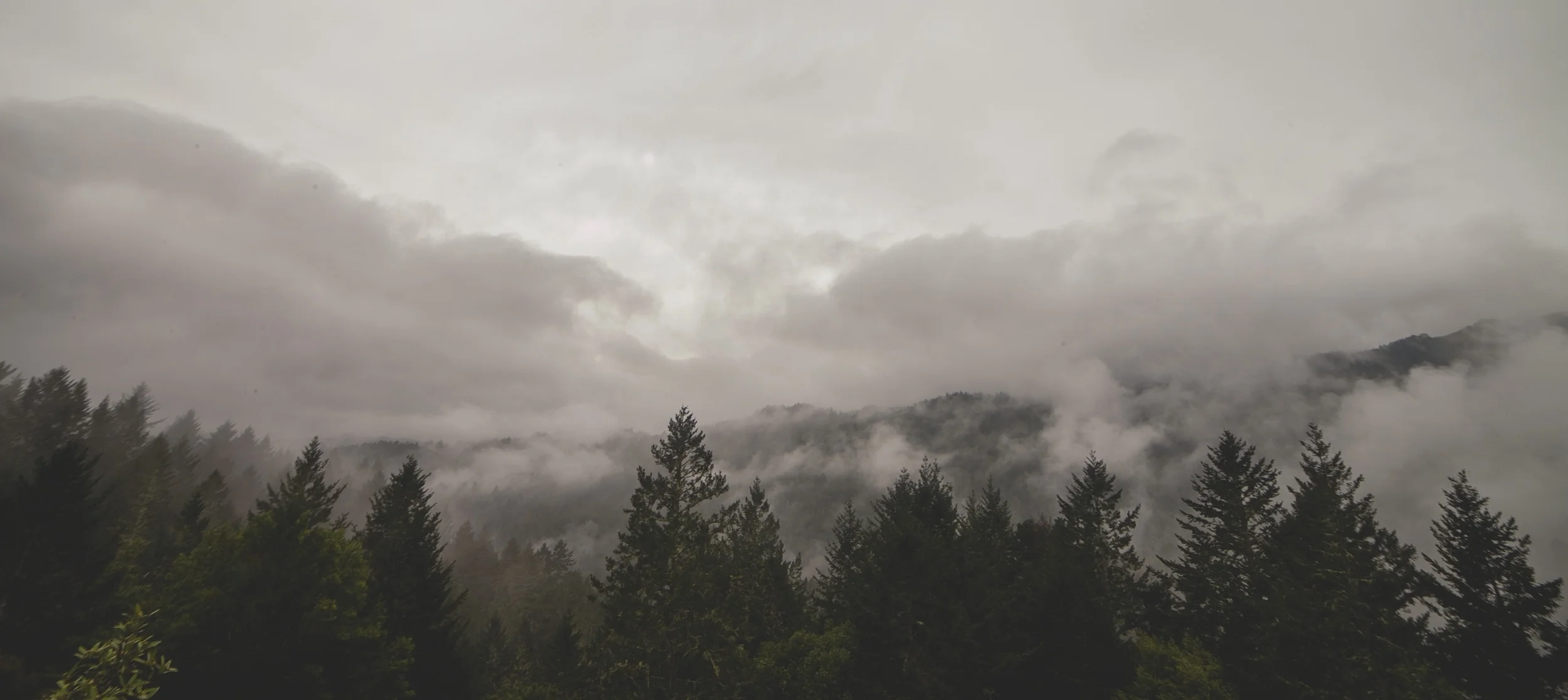Can I unpack this? It might help…
“Courage is heart strength”: Courage comes from the word “coeur” in French, meaning heart. So it’s more a question of heart than of mind. It denotes passion, coming from our whole being, not just our mind.
“To actively venture, etc…”: It is not enough to imagine yourself acting courageously, or to experience courage vicariously through a film, or video game. Courage is an active embodied on the ground virtue.
“For the sake of something hoped for and/or believed in”: What helps us be courageous is hope and belief: for example, the hope that if I jump into the water I will save a drowning child; and belief that saving a life is a good thing
I hope I will save a child and I believe that saving a life is good, but there is “no guarantee” that these will actually happen. Courage is courage because of the unknown outcome
So, why courage?
I was so enamored by my patients’ willingness to face such deep darkness. In trauma there is a lot of dissociation (which means disconnecting from one’s own experience) and I wondered, what is it that gives someone the courage to come to therapy, then to- even after dissociating or fragmenting in the process- come again to work yet again towards wholeness. What is that and where does it come from? There are so many reasons to stop coming to therapy- because it is too much, too devastating- so what gives someone the courage to stay on the path towards healing or to growth? Especially someone who has experienced severe trauma and who has not experienced a lot of healthy relationship.
The perennial question is “to be or not to be” which is of course a quote from Shakespeare’s Hamlet. That question comes up again and again. Do I want to be or not to be? It leads one up to an edge where a person may think “I don’t know if I want to be anymore. This is too painful.” I wanted to know what gives them the courage to be. So *laughs* I became curious about that that small question of the universe.
What is something that gets in the way of courage?
Hopelessness and a feeling of ineffectiveness: the feeling that whatever I am doing doesn't work. I may start with the courage to try something out but then it doesn't work and I feel ineffective.
Dissociative processes that attack without the patient wanting them to- attacking the links or meaning that are being made in therapy.
Lack of healthy community, relationships that offer true witness
What comes to mind is what I said earlier about courage: Courage comes from the word heart- so it's having heart. So that which breaks your heart, that which deflates you, that which stops your process- that is what brings you hopelessness. It is what ultimately will discourage you. I think what those things are, are going to be different for each person. You know, that same old issue that comes up for each individual. The “I thought I had done so much work in this area and then here it is again- great” that can feel so deflating- feeling like “I have been working this hard and it is doing nothing! Agh”
Can you tell us about a time you failed?
Me? Personally? Never………...just kidding
My vulnerability in my own clinical work is being what some people call the "omnipotent caregiver." So “I’m always there for you.” Which has a positive side but it can also nurture a false promise. That is, I actually can’t be there all the time.
And I think it is a failure on a bunch of levels. It is a failure towards myself and taking care of myself. It is a failure in terms of grandiosity- as if I can fix everything. A kind of “never fear, I am here!” It’s quite narcissistic.
It is a failure most importantly towards patients because they actually need a human being and don't need someone who nurtures an illusion that there is someone out there that can fulfill all their needs. We need community, all different kinds of people to fulfill different kinds of needs. And sometimes our needs don’t get met, and that’s perfectly okay. So, they actually need my vulnerability, not my grandiosity, because it’s real.
I feel vulnerable in admitting this, but there you have it...
How do you call upon courage in the midst of failure?
Courage in the sense of what I was talking about just now would be to, in the midst of the “oh no,” to not play into the role of being the omnipotent caregiver. To instead play into the vulnerability and not play into being "the goddess of love."
How I understand that failure now is that it comes from a place of childhood narcissism and omnipotence... and I am sure that I am not alone in that...but my courage is actually giving up on that and allowing myself to be vulnerable finally. That the world is big enough to hold me and that I don't have to hold myself and all others- that is the direction that I continue to move towards. That is the courage to be vulnerable. And to trust that vulnerability is actually better for me, others, and my patients overall. It’s really a move towards freedom.
How do courage and vulnerability intersect for you? Or do they?
This is where my definition of courage comes into play. What gives me courage is the belief that when I am vulnerable I experience more love- not less, more hope- not less, more life- not less. So that even if in vulnerability I feel angry or I feel desperate or I have more of my feelings, that these actually bring me more into relationship with others.
Now, I believe that and I still need to risk that, because there is no guarantee that all of that would still come to pass. That is not a given. We all know people that we have taken that risk with and it has blown up in our face. And so there is something very real at play. It is not just “oh I just need to have courage and then everything is going to work out for me.” No, the very point of courage is that we are fragile, we are vulnerable, we don’t know, and yet I believe that, overall, that is what fulfills our humanity. So I might have to develop wisdom when to risk in that way, but to even have a chance at that kind of experience I need to risk. Not being that omnipotent caregiver, for example, but being my vulnerable good bad self. It’s much safer actually to hide behind being the omnipotent caregiver.
Tell us about a joyful moment in your life that came from you being courageous.
You know, after many failed relationships the courage that it took to enter into my own therapy. That is where I probably first experienced the joy of being me- in a vulnerable way and not in that omnipotent and grandiose way. It was a joy to discover that at the way bottom of me was a sort of beautiful human being...beautiful in the sense of having wounds, having gifts, having flaws- the whole package. Really being aware of my failings and my gifts. But it took week in and week out of opening myself up to someone.
Do you have a mantra to boost your courage?
I have so many jokes running through my head. *laughs* Like, “Go get ‘em tiger!”
I have to say that this is a hard question for me because I feel like my mantras are more fluid. There isn't one thing, but I can tell you a few things that do give me courage
Different people in history who reflect something of who I would want to be. Sometimes having those visuals when I need courage help to remind me of who I want to be.
Words from a song, book, or movie that come out at me. I will write them down and put it on a post it note on my computer to remind me to be courageous.
One example that comes to mind is a time when a quote from the Lord of the Rings kept coming back to me when I needed it. It was a scene where Gandalf tells one of the hobbits that he is with, “Hope. There's always hope.” And when I heard that at that point in my life, it somehow galvanized me. Also, for me, reading the overall story of the Gospel that embodies a flesh and blood love that goes into the mess and though may be afraid at times, gets hurts, stays in, that suffers and, somehow mysteriously, resurrection comes from that. That is the ultimate narrative that gives me courage.
What are you most interested in right now/ what are you reading right now?
Well, as I am writing my dissertation, these are the kinds of interests that galvanize my thoughts. But a specific work would be The Inner Experience by Thomas Merton. And when I’m not entrenched in this I’m reading Tennis Magazine or The New Yorker.










